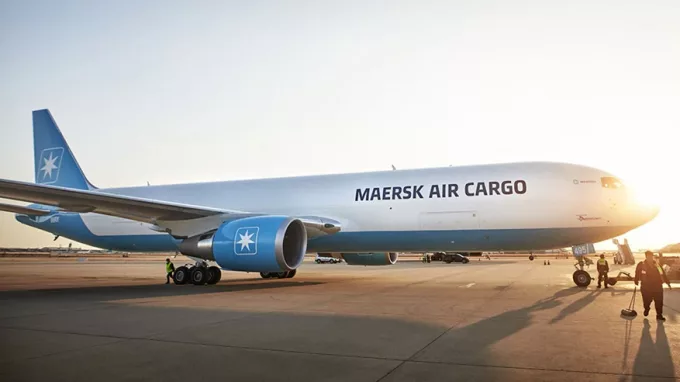Maersk developing the tech to create the 'Amazon of logistics'
Maersk is looking to build an “Amazon for logistics” with its integrator strategy, supported by ...

Particularly striking in the reams of words Maersk issued today is the absence of mention of its air cargo division.
Its 127-page report and 35-page investor presentation barely refer to the growing air cargo operation.
That is in part, because it has folded air cargo, (much like CMA CGM has) into an ‘other’ division, Logistics & Services, which comprises “integrated transportation, fulfilment and management solutions”, that include land and air, as well as warehousing and supply chain management. Any upset in air ...
Asia-USEC shippers to lose 42% capacity in a surge of blanked sailings
Why ROI is driving a shift to smart reefer containers
USTR fees will lead to 'complete destabilisation' of container shipping alliances
New USTR port fees threaten shipping and global supply chains, says Cosco
Outlook for container shipping 'more uncertain now than at the onset of Covid'
Transpac container service closures mount
DHL Express suspends non-de minimis B2C parcels to US consumers

Comment on this article